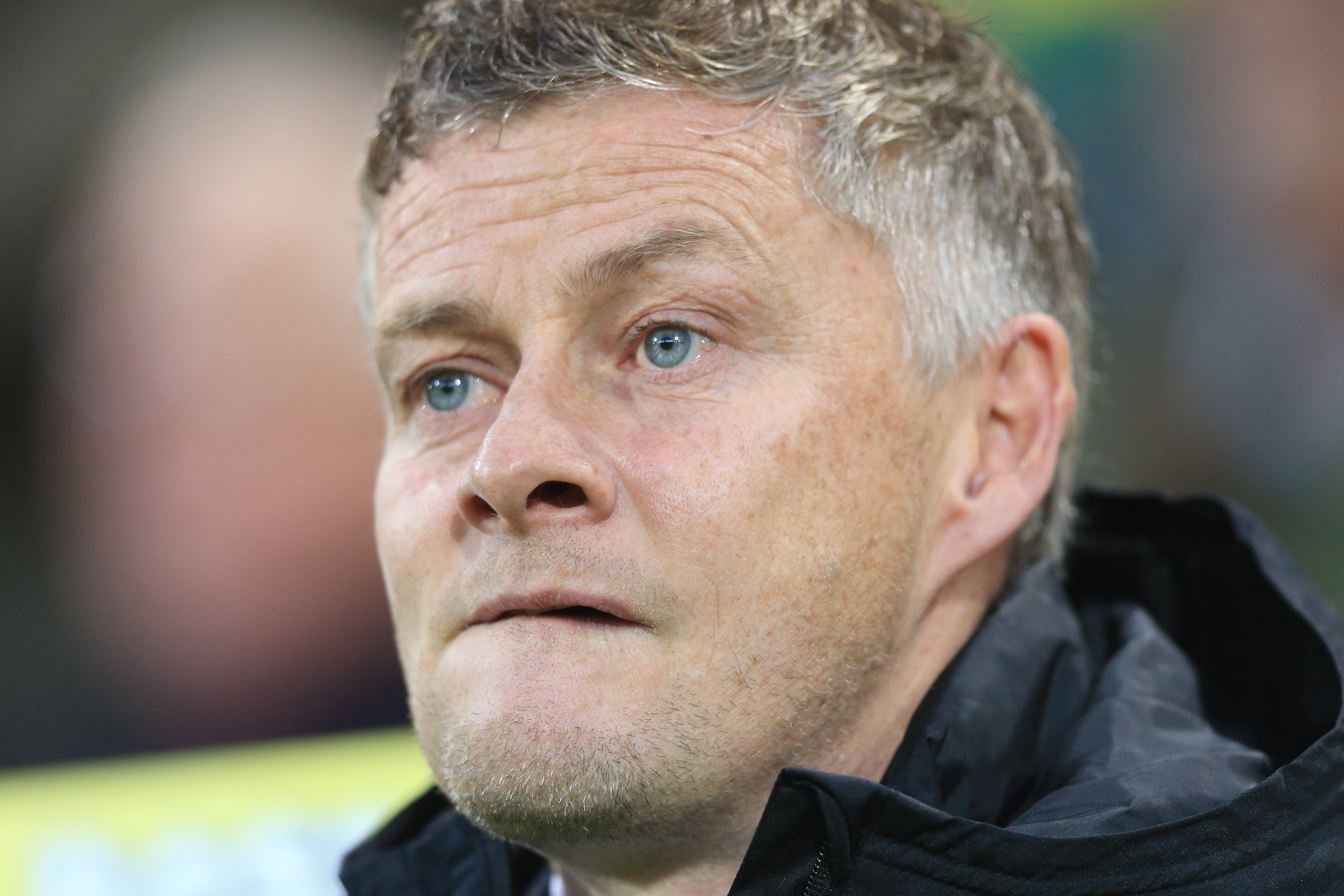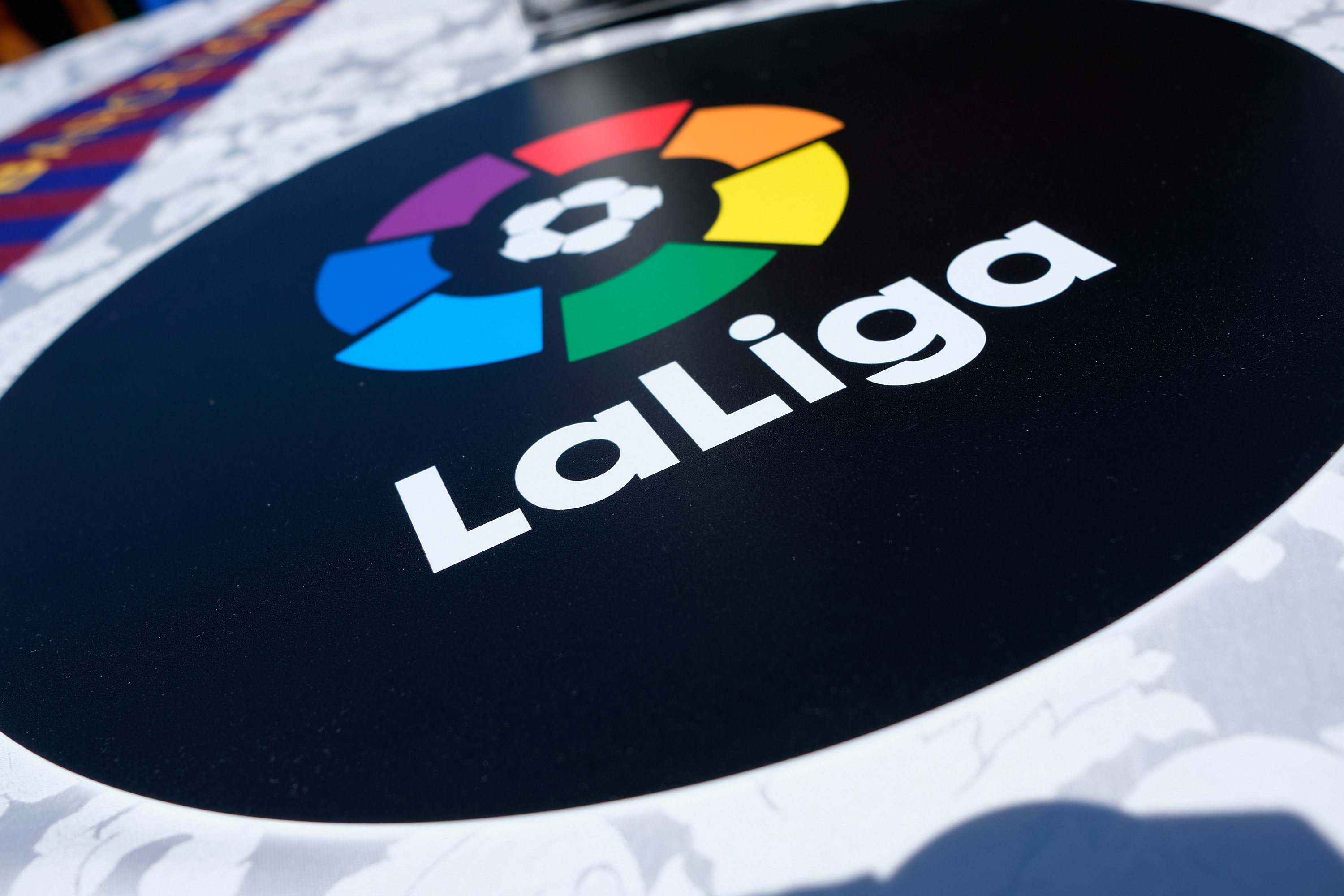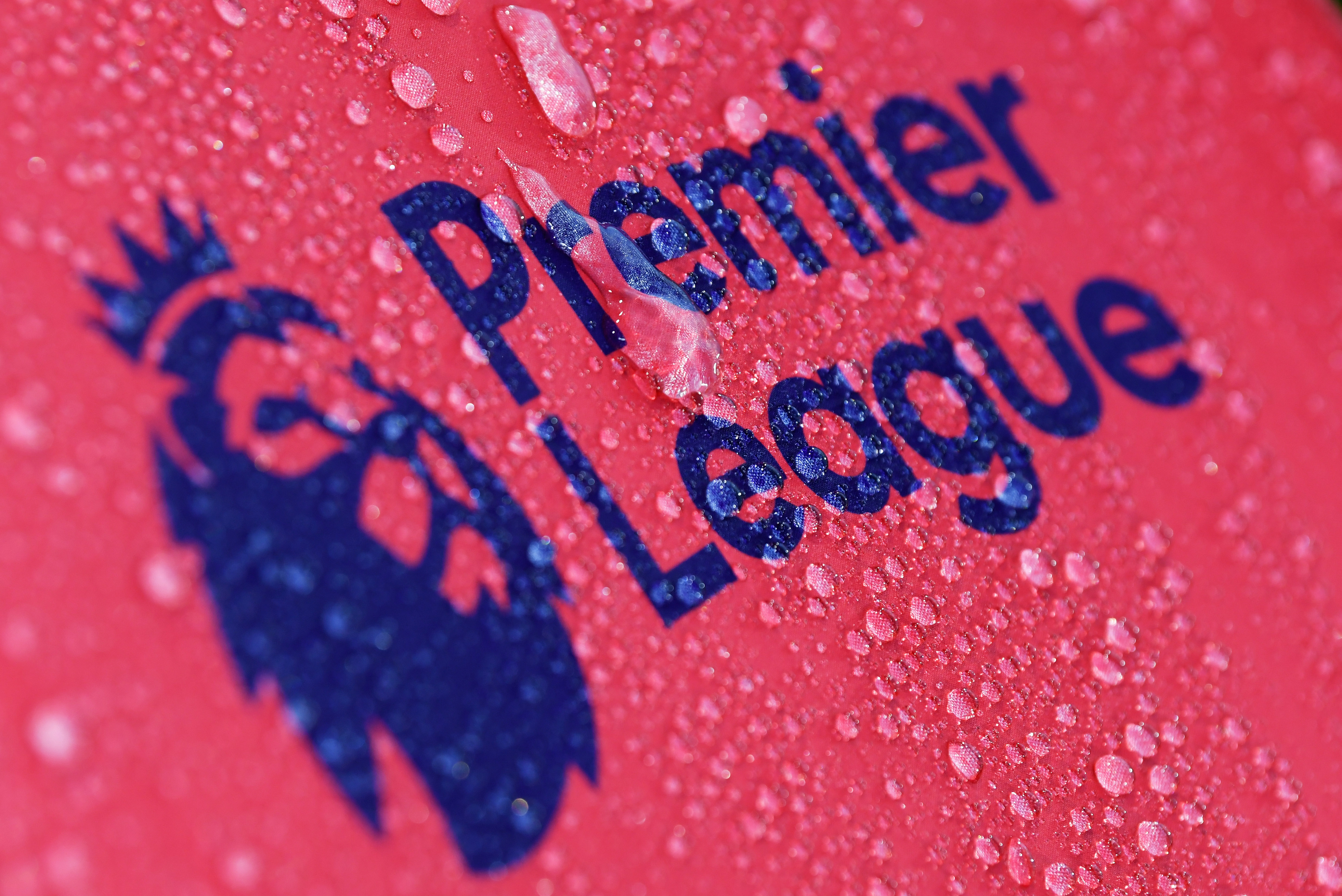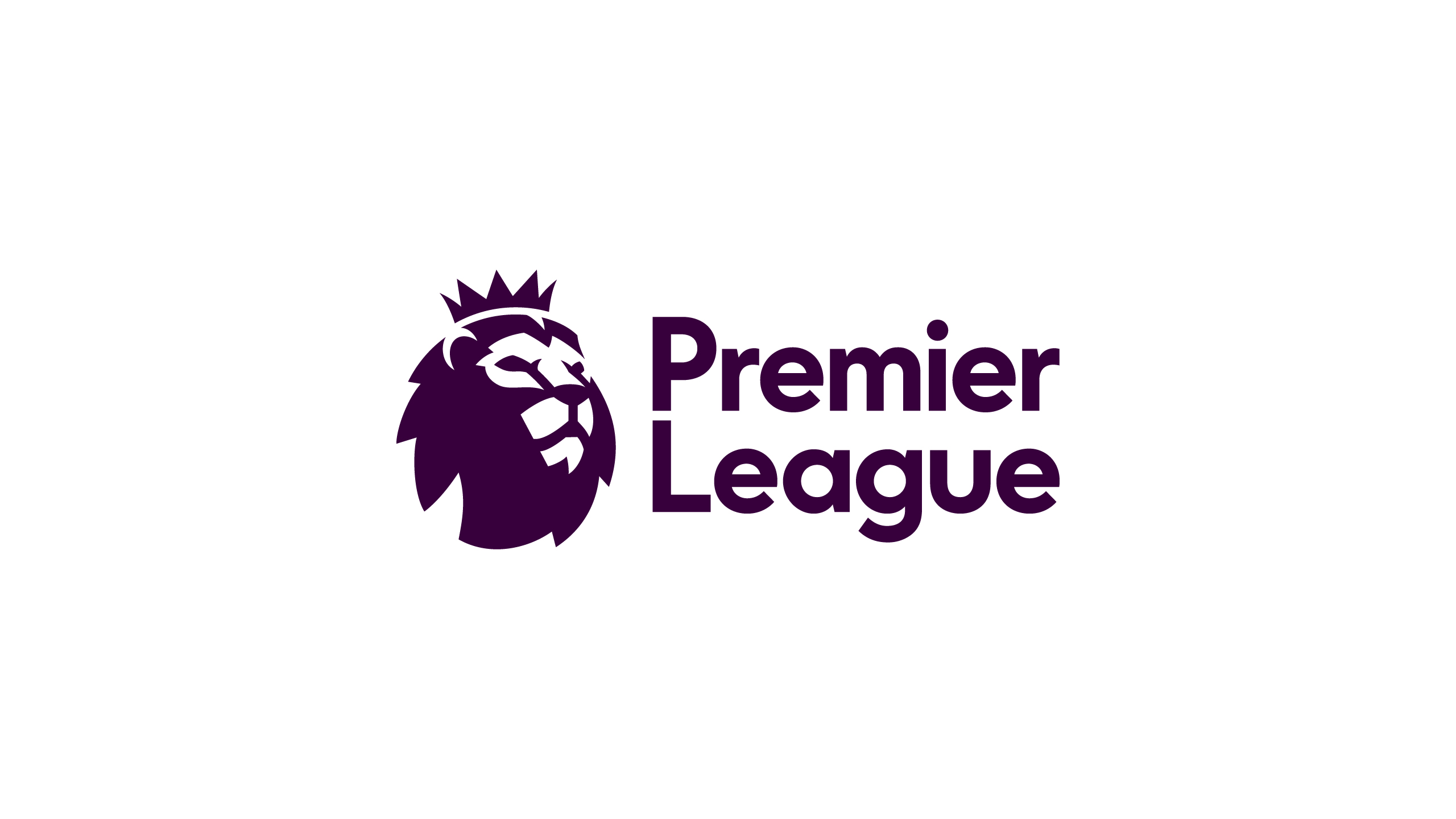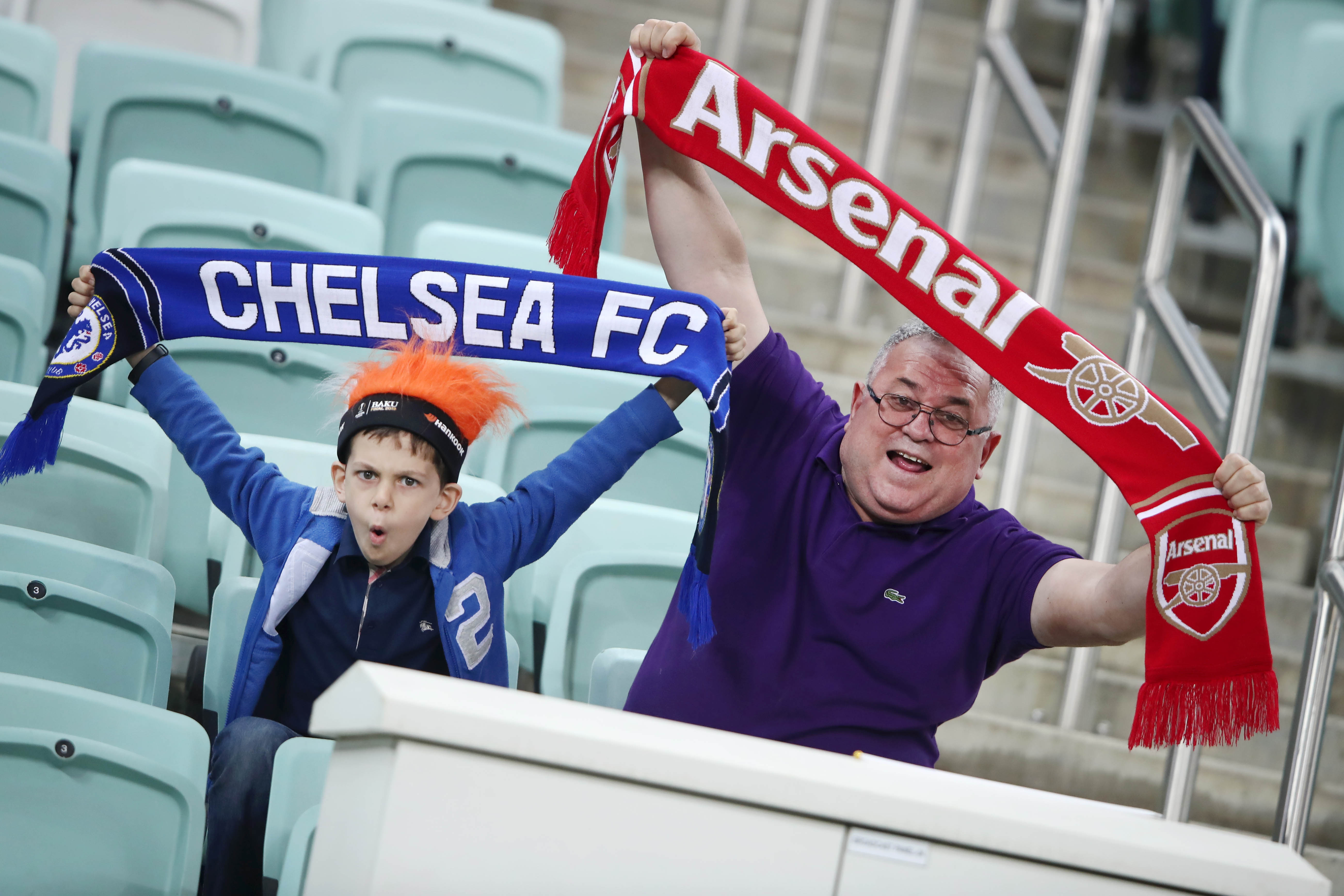Manchester United were on the receiving end of a questionable decision against West Bromwich Albion, sparking another debate over VAR and its usage.
It has been well over a year since the Video Assistant Referee (VAR) was introduced into the Premier League. The system had been in place in other major leagues as well as international tournaments for quite some time, but it was only at the onset of the 2019/20 campaign that English clubs voted unanimously to welcome the VAR.
Safe to say that it has been anything but a smooth ride for the VAR. Brought in to help the referees and eliminate errors in decision-making, the system has led to its fair share of controversies in the twenty months since being introduced into Premier League football.
And the latest in the list of VAR-related controversies took place on Sunday when title hopefuls Manchester United clashed against a relegation-battling West Bromwich Albion.
Mbaye Diagne’s controversial opener
Having lost some ground in the title race to neighbours Manchester City, Manchester United entered the game knowing that it was a must-win situation if they are to stay in touch with the league leaders. But, as has been the case for most of the 2020/21 campaign, Ole Gunnar Solskjaer’s men were pegged back by their opponents early in the game.
Indeed, just two minutes into the game, West Brom’s January signing Mbaye Diagne got on the end of an inviting cross from on-loan midfielder Conor Gallagher to power a header past David de Gea and put the Baggies in front. The striker couldn’t have picked a better moment to score his first goal for the club as they battle for survival in the league.
Diagne puts the Baggies ahead within the first 90 seconds. In the words of @gnev2 he 'mauls' Lindelof! Foul??????
pic.twitter.com/0fpZRkvmst— MUFC Sligo Branch (@MUFCSligoBranch) February 14, 2021
However, soon after the goal was scored, Manchester United players were spotted protesting furiously. The centre-back duo of Victor Lindelof and captain Harry Maguire, in particular, were animatedly demanding a foul as Diagne appeared to have grabbed the Swede’s face before heading the ball into the back of the net.
However, referee Craig Pawson spotted no wrongdoing while the VAR, Jonathan Moss, also did not deem it as a foul, allowing the goal to stand. While Manchester United did manage to salvage a point, courtesy a brilliant strike from Bruno Fernandes, the incident left a bad taste, with Maguire, in particular, unhappy with the refereeing.
Maguire: "When are we going to get these decisions? You expect a fair decision, I know Vic [Lindelöf] will be disappointed and I’m sure he’ll get criticism, but it’s a foul, it’s a big striker who is bigger than Vic and he’s wrestling him." #mulive [mutv]
— utdreport (@utdreport) February 14, 2021
The Manchester United captain also touched upon another similar incident in the game against Sheffield United when David de Gea had been impeded by his opposite number, Billy Sharp, leading to a goal, which was allowed to stand as well.
“I’m fed up of hearing Vic [Lindelöf] can do better, I’m fed up hearing David [De Gea] can do better on the cross, it’s a foul from Billy Sharp, if a big striker is wrestling Vic and puts his arms all over him, of course, he can do better but it’s a foul.”
The Duality of VAR decisions
The lack of consistency in calls made by the VAR has been a major bone of contention ever since its introduction last season. And the decision to allow Diagne’s goal to stand was another in a long list of such contentious calls, with Manchester United themselves having been denied a goal in a similar situation not so long ago.
The incident took place in the Red Devils’ Premier League game against Burnley at Turf Moor in January. The Manchester United captain rose over Erik Pieters to power home a header into the back of the net in the 36th minute and put his team in front. However, referee Kevin Friend gave a foul in favour of the Clarets, in what was a very harsh call.
And despite the VAR being used, the decision was not overturned, sparking a flurry of criticism over the decision. Former Tottenham and Liverpool striker, Peter Crouch, who was known for his aerial prowess, quipped in saying that a large number of his goals would have not stood if Maguire’s goal was cancelled out for a foul.
Not sure I’d have many goals left if maguires was no goal ?
— Peter Crouch (@petercrouch) January 12, 2021
In comparison to Diagne’s goal, where he clearly appeared to get a handful of Lindelof’s face, Maguire’s alleged foul against Burnley, if it was indeed a foul, was much softer. But, the VAR upheld both the decisions, allowing the West Brom striker’s goal to stand and chalking off the Manchester United skipper’s goal.
It is not just Manchester United that have been at the receiving end of this sort of inconsistent, dual treatment by VAR. In fact, there have been occasions that the Red Devils have seemingly benefitted from some dodgy calls by the officials over the course of the season.
The tackle on Liverpool star Virgil van Dijk by Everton’s Jordan Pickford, that saw the Dutchman get ruled out with an ACL tear, went unpunished earlier in the campaign. There have been some bizarre offside calls this season – Patrick Bamford saw his strike against Crystal Palace chalked off because his arm was deemed to be in an offside position when he pointed to his teammate where he wanted the ball.
VAR ruled this to be offside.
Patrick Bamford was pointing to where he wanted the ball to be played. pic.twitter.com/0b3jEI0T4Q
— ESPN FC (@ESPNFC) November 7, 2020
Goes without saying that there appears to be little consistency among the officials over the proper application of the technology. VAR was brought in to erase any mistakes made by the referees, but the way it has been used over the course of the season has only raised more questions than providing answers.
Given how close the ongoing season has been in terms of the race for the Premier League title and the top four places, such decisions could have huge repercussions as the table takes shape in the second half of the campaign.
